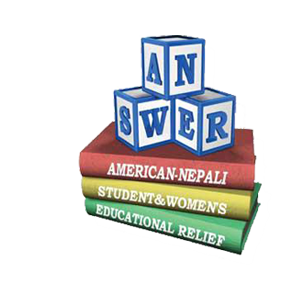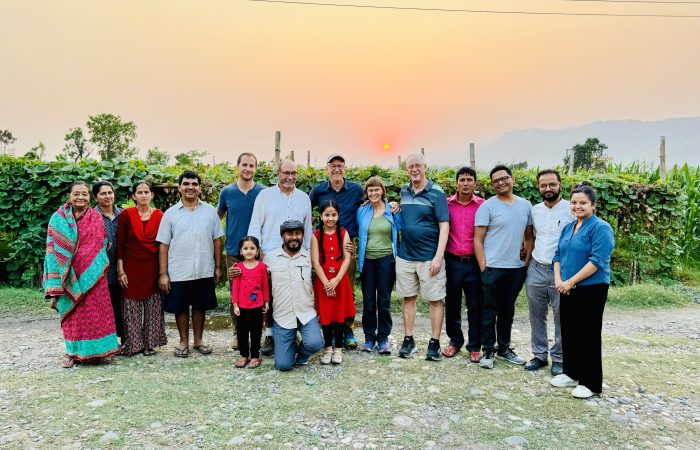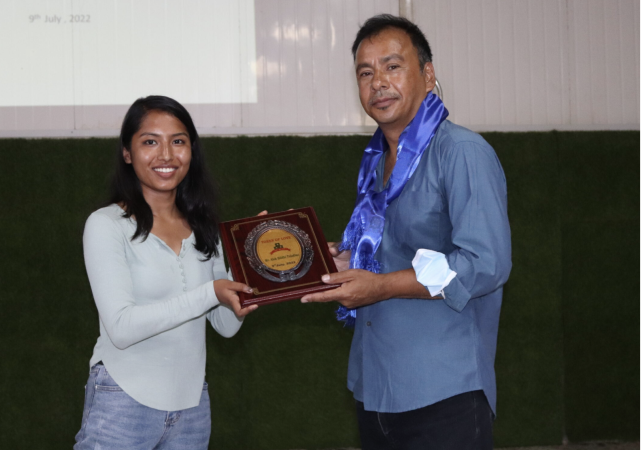On December 1, I left Nepal without ever experiencing the concern or even awareness of any Covid….quite a change from where things were when I had last returned in 2020! New cases were down to single digits per day, few, if any, people were wearing masks, and no one was getting vaccinated or boosted. Nevertheless, the latest strain BM.1.1.3 had already permeated the borders and joined at least 3 other strains of Covid already present in Nepal. This apparent contradiction could be expected since the government had stopped testing, contact tracing, and vaccination months before! Consequently, vaccination rates are high (75%), but boosted rates are far and few.
The change in focus was due partly to another epidemic of another virus which causes Dengue Fever, or as my father knew it while fighting in the Pacific in WWII, Breakbone Fever! Rather than being a respiratory virus like Covid and Influenza, Dengue is carried by several species of mosquito and is often associated with the Summer monsoons as the mosquito breeds in water, be it natural ponds and puddles or natural containers like flower pots. And sure enough, not only did Nepalis everywhere start coming down with Dengue, but there was an epidemic of Dengue in France, as well.
Bal (ANSWER Director in Nepal) contracted it as he was leaving Kathmandu for school visits in August. By October the rains had let up and the weather had turned cooler, so I arrived to hear the aftermath of this epidemic. People in my hotel had come down with it a month before I arrived. There are 4 serotypes of Dengue virus, and the first one will set one up for a severe allergic type reaction when bitten a second time. The vaccine will do the same thing, so the vaccine is only used to protect one from hyper-reaction if bitten by a mosquito carrying one of the 3 serotypes of an initial infection. This second infection could be deadly, so one needs to be extremely cautious.
My visit in October was timely. Covid and Dengue were on the decline, but with Climate Change, Dengue will surely rear its head again this coming summer. Not only that but public health officials are very much concerned of other mosquito-borne infections emerging next year due to Climate Change, such as Zika virus and Chikungunya virus. My studies in Tropical Medicine more than twenty years ago had a large emphasis on “newly emerging diseases,” but what was not factored in at the time was the degree that Climate Change would be impacting these diseases.
Many of these diseases do not have effective vaccines, others are demonstrating resistance to pesticides, and mass education and public health measures will need to be taken. Let this be the first of more to come.
On the bright side, our tours to Nepal occur during the spring and fall months when the seasons are drier and mosquito counts are low. But there again, respiratory viruses such as flu and covid will be omnipresent…and as I can attest, even wearing a mask on the plane did not prove effective against the flu on my flight home, esp., if no one else is.






